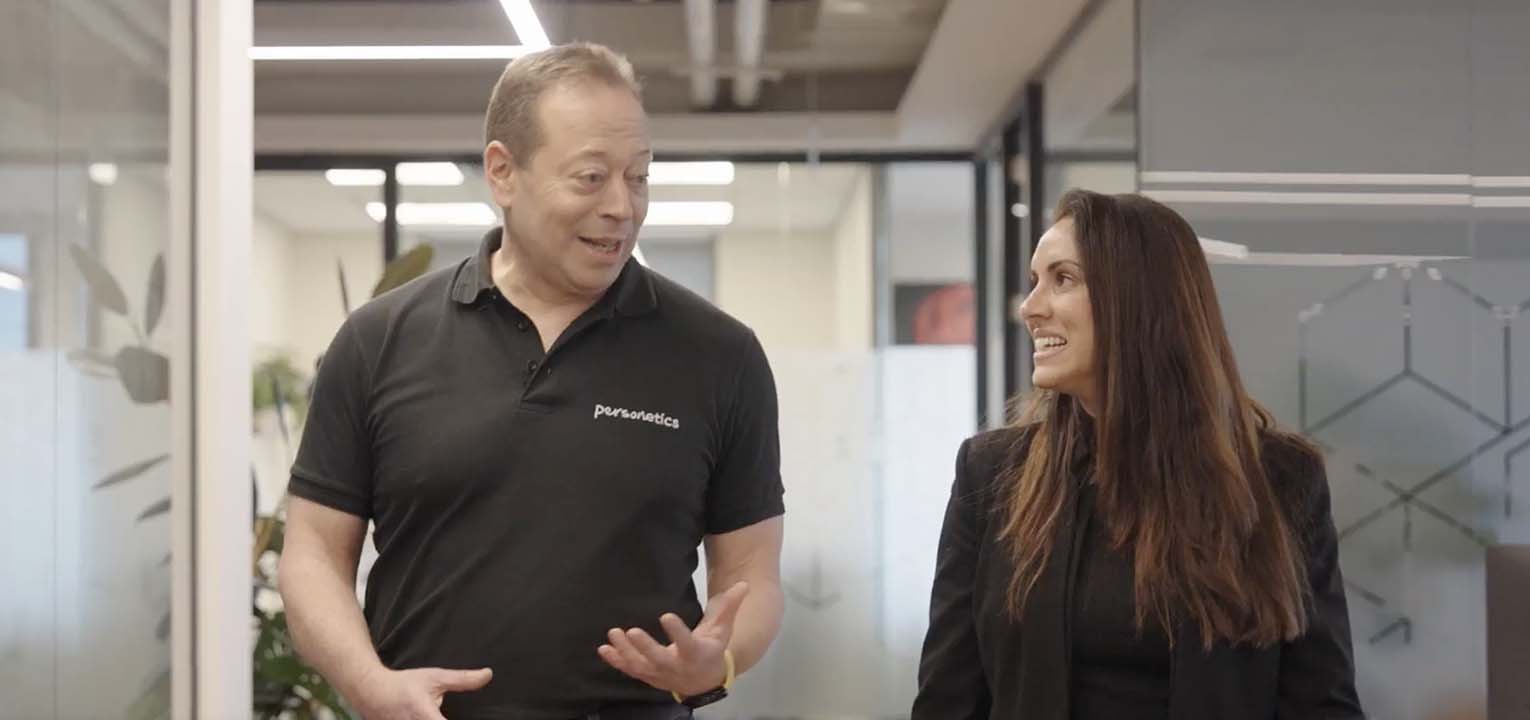April 30, 2020
Purpose-Driven Banking Means a 9% Revenue Uplift for Banks!

Why did it have to take a pandemic to get Financial Wellness back into the spotlight? Wasn’t the massive financial ‘malpractice’ that trigged the financial meltdown of 2008 enough for us to learn that customers come first and the bank’s bottom line, second?
Accenture’s newest report “ Purpose-driven banking: Win customer trust” is a hopeful look at today’s financial crisis focusing on what can and should be done to “rebuild customer trust by authentically and transparently putting customers first, even when it’s not in the bank’s immediate advantage.”
Purpose-driven banking reinforces that banks have their customer’s best interests at heart with authentic, transparent help for customers to attain financial wellness. By building strong relationships, reinforcing trust and assisting customers in attaining financial wellness, banks benefit from improved retention and revenue growth.
Building Strong Relationships
Over the past several decades, banks have lost the central position they once held in customer’s lives. We’ve come to expect that companies like Amazon and Google know more about our financial wellbeing than the banks who have all of that data at their fingertips.
At the same time, we know that when banks create and maintain strong relationships with customers while assisting them as a trusted advisor, customer satisfaction increases leading to greater customer adoption, retention and even increased revenue growth.
Banks today must build long-term relationships with their customers by understanding the complexity of their financial situation and proactively offering personalized insights, advice and recommendations that drive them to better financial wellness.
Reinforcing Trust
Before this crisis began, the US Financial Conduct Authority released regulations aimed at making overdraft fees simpler to understand, fairer, and in effect, lower. But it was the forward-thinking banks who didn’t wait for rules and regulations that require them to pull back on such fees and penalties. Instead, they took the opportunity to actively champion the financial wellbeing of their customers, alerting customers before overdraft fees would be charged – counting on building trust with their customers for the long-term ROI.
The blog post “FCA’s New Overdraft Regulation: Do No Harm Is a Good Start. Do Good Is Better” explains how proactive insights that anticipate issues before they even occur while presenting a holistic view of a customer’s finances, imbue customers with a sense of wellbeing and trust – driving to even higher levels of satisfaction.
Attaining Financial Wellness
While “financial wellness” may seem like an elusive concept, in a tangible sense it means that customers are able to pay their debts, have ample emergency, college and retirement funds, and that feel positive about their financial health – now and in the future.
Banks are in an optimal position to offer customers financial wellness programs that can spearhead their abilities to save and manage debt. When customers opt-in to automated programs, banks work hand-in-hand with each customer to meet their financial needs and goals. Banks do the heavy lifting, continually analyzing changing financial situations, recommending and executing actions while keeping the customer informed and engaged. The banks that leverage artificial intelligence, machine learning and predictive analytics to help customers build healthy money management habits will ultimately increase the life-time value of those customers through engagement, loyalty, and share of wallet.
Watch the full webinar on-demand: Automated Financial Wellness Programs as Anchors for Customer Engagement, Retention and ROI
In Summary
Personetics data-driven personalization and customer engagement platform gives banks the methods and means to advocate for the customer’s financial wellbeing including behavioral analysis that looks into the past, present, and future of an account to see potential problems and find opportunities for customers.
Some examples of Banks using Personetics to put their customers first include:
- UK’s Metro Bank Insights help customers stay on top of their finances. These timely tips are greatly appreciated by customers, earning an average satisfaction rating of 4.6 out of 5.
- BGL BNP Paribas launched Genius, an AI-powered digital assistant that provides advice, notifications, and recommendations to promote smart decision-making and healthy money management behavior.
- Huntington Bank’s aptly named Heads Up proactively sends customers personalized notifications to keep them on track to fulfill their financial goals.
- UOB’s TMRW, a Thai digital bank tailored to millennials, promises to be the bank that keeps its customers “one step ahead.”
- Royal Bank of Canada customers are automatically saving an average of over $200 a month with NOMI Find & Save™.
In summary, Accenture’s report indicates that the combined set of trust-based propositions could generate an average 9% revenue uplift for incumbent banks. This “trust kicker” is the potential revenue uplift achieved by banks that become one of the most trusted players in their respective marketplaces. Personetics helps banks reach this goal.
Want to explore how your bank can harness the power of AI to engage and serve customers? Request a demo now
Latest Posts

Why Banks Need to Move from Product to Experience Provider — A Conversation with David M. Brear, CEO of 11:FS

What is Cognitive Banking?

Beyond Digital: Jim Marous on Why Banking Must Become Cognitive









